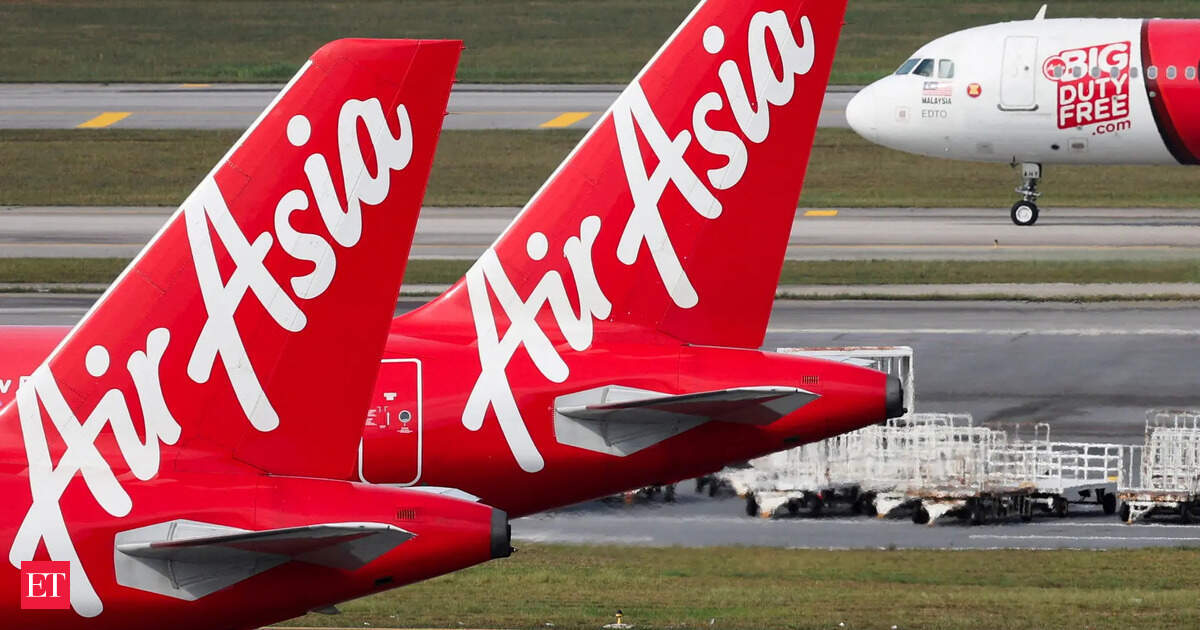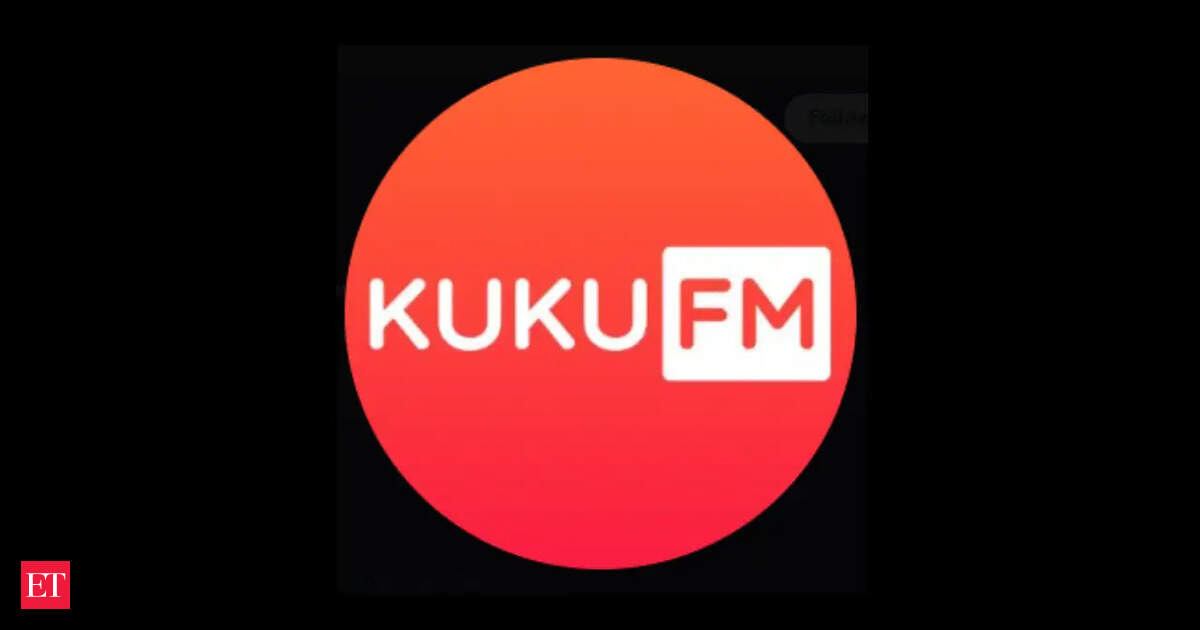Despite a broader slowdown in consumption, brands like Theobroma, Haldiram’s, and Wow! Momo is drawing sustained attention. As per a TOI report, sources say investors are not only looking at established names but are also evaluating fast-growing players like Nik Baker’s and regional QSR chains, including a North-based pizza brand that has caught the eye of potential backers.
Packaged food, particularly in the ready-to-eat and ready-to-cook segments, is also in play, with nearly a dozen deals reportedly in the pipeline.
Fireside Ventures is building out a strong food-focused pipeline, said partner Dipanjan Basu. Verlinvest, the Belgian investment firm that has backed Blue Tokai Coffee Roasters, Lahori Zeera, and Epigamia, plans to double down on Indian F&B with both follow-on funding and new deals. Its India investments this year are expected to top $100 million.
“For global investors looking to invest in India, consumer and healthcare must be on the shopping list! There is interest in performing companies, and the next couple of years should augur well for consumption given the tax breaks and factors such as the reduction in import duty for edible oil, etc.,” said Arjun Anand, managing director and head of Asia at Verlinvest.
The year has already seen major moves. Temasek, IHC, and Alpha Wave Global acquired minority stakes in Haldiram Snacks Food, valuing the company at $10 billion. Devyani International, which operates KFC in India, picked up a majority stake in Biryani By Kilo’s parent Sky Gate Hospitality. Private equity firm ChrysCapital acquired a controlling stake in Theobroma Foods.The Belgian Waffle Co. has also been scouting for investment. While it initially sought a majority deal, sources now suggest the transaction could close as a minority stake sale.“India’s food space is a large industry with an attractive growth profile based on the shift from unorganised to organised. With an increase in disposable income and convenience-led multiple food options via food aggregators, Indians are eating out and ordering food more than before. This has given opportunity to many homegrown brands to scale. As private equity investors, our endeavour is to discover market leaders that are growing at 1.5-2 times the industry growth rate,” said Rajiv Batra, director and lead for consumer sector investments at ChrysCapital.
Within QSRs, the focus is on brands with pan-India aspirations. Packaged food, meanwhile, continues to attract investor interest in regional names as well. The economics in QSRs tend to be more attractive than casual dining, said EY’s Mayank Rastogi. “In QSR, unit economics and TAM (total addressable market) are generally more attractive than the casual dining space, where returns on investments have been tepid. Investors made good returns in the QSR space,” he said.
While IPOs have served as the preferred exit route for food service brands, mergers and acquisitions dominate the packaged food segment. “FMCG players are hungry for acquisitions,” Rastogi added.
The growth of clean-label and health-focused products has widened the investor pool in packaged food. “Food brands earlier found it hard to scale the business but now quick commerce has enabled easy distribution,” Basu noted.
According to Siddharth Bafna, partner at Lodha & Co, more capital-raising rounds are expected this year. “We also anticipate an increase in M&A activity as larger companies pursue inorganic growth to expand their category presence and consolidation among small to mid-sized companies seeking to become IPO ready,” he said.
Large players like ITC and Reliance have already made their presence felt through recent acquisitions. The message is clear: India’s food sector is too big, and growing too fast, to ignore.
With inputs from TOI




